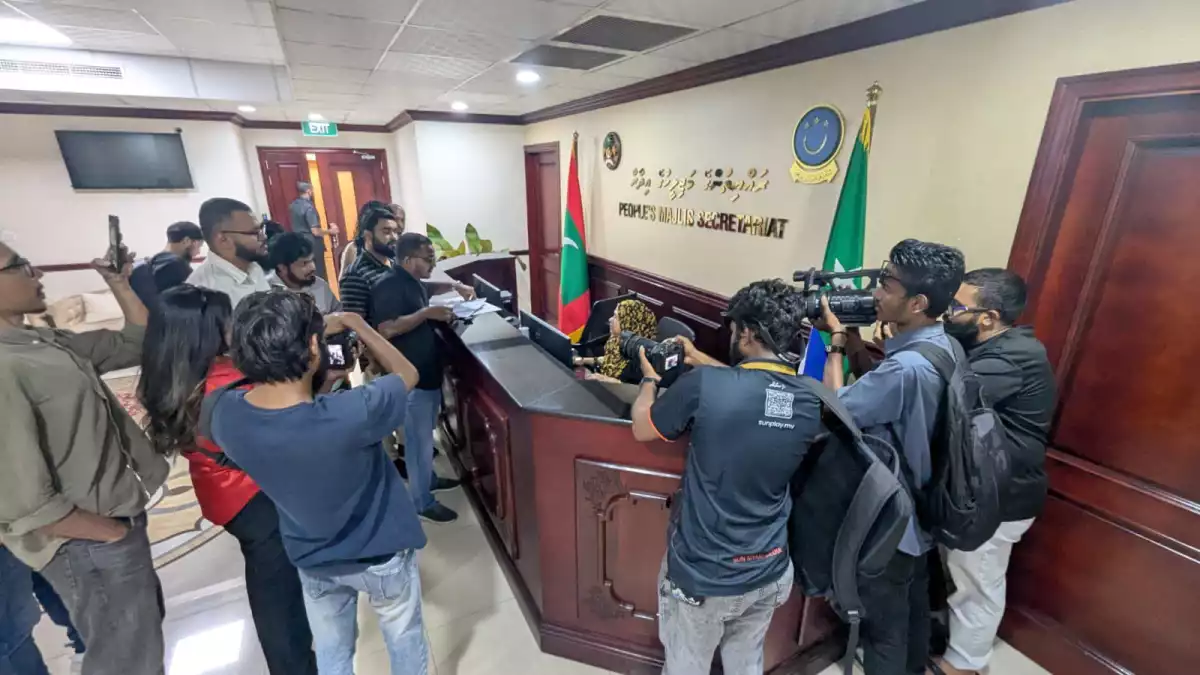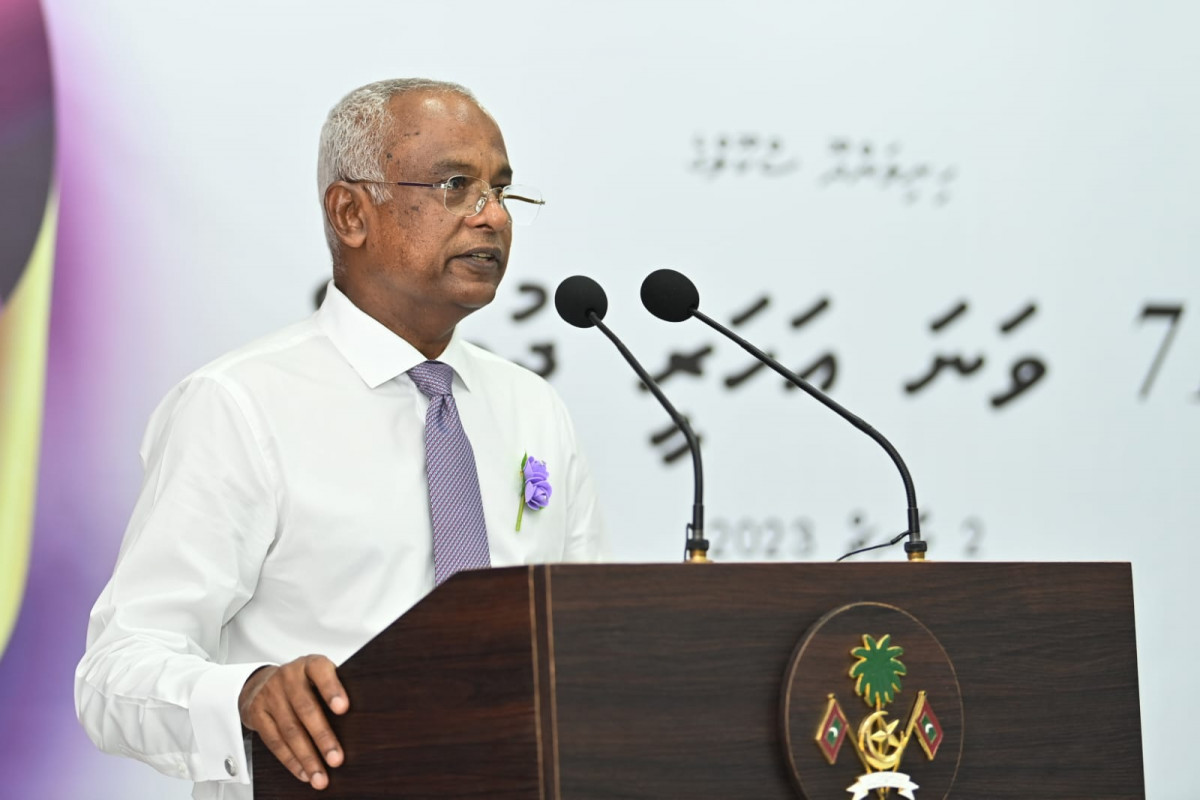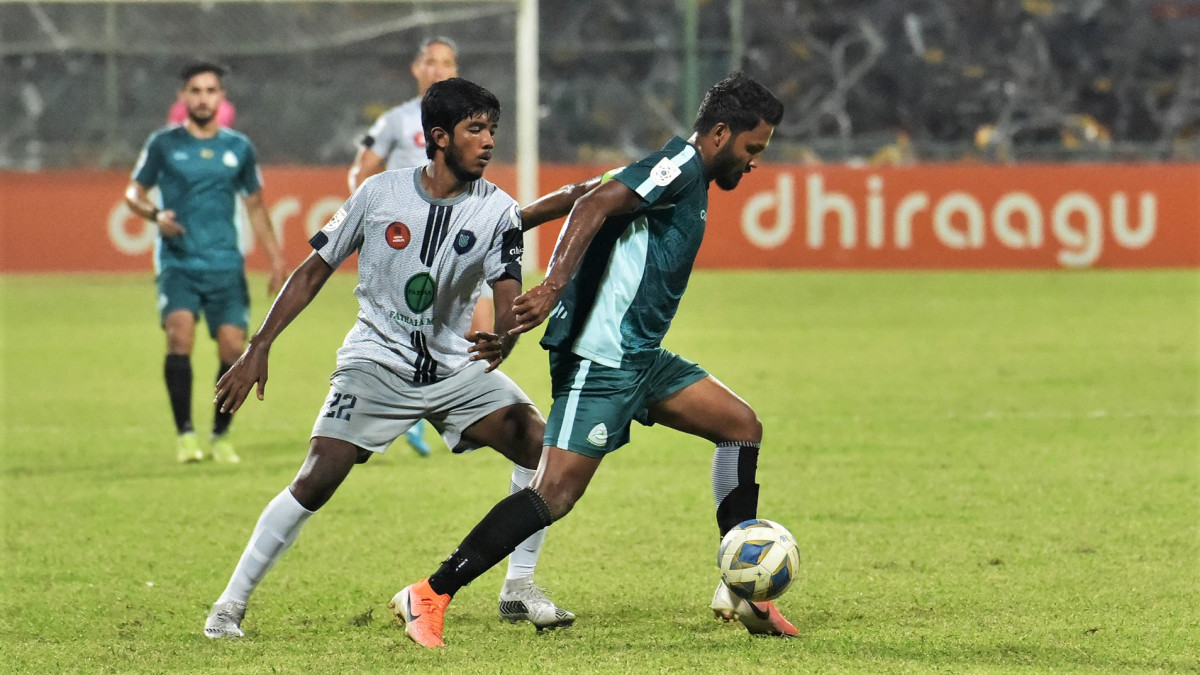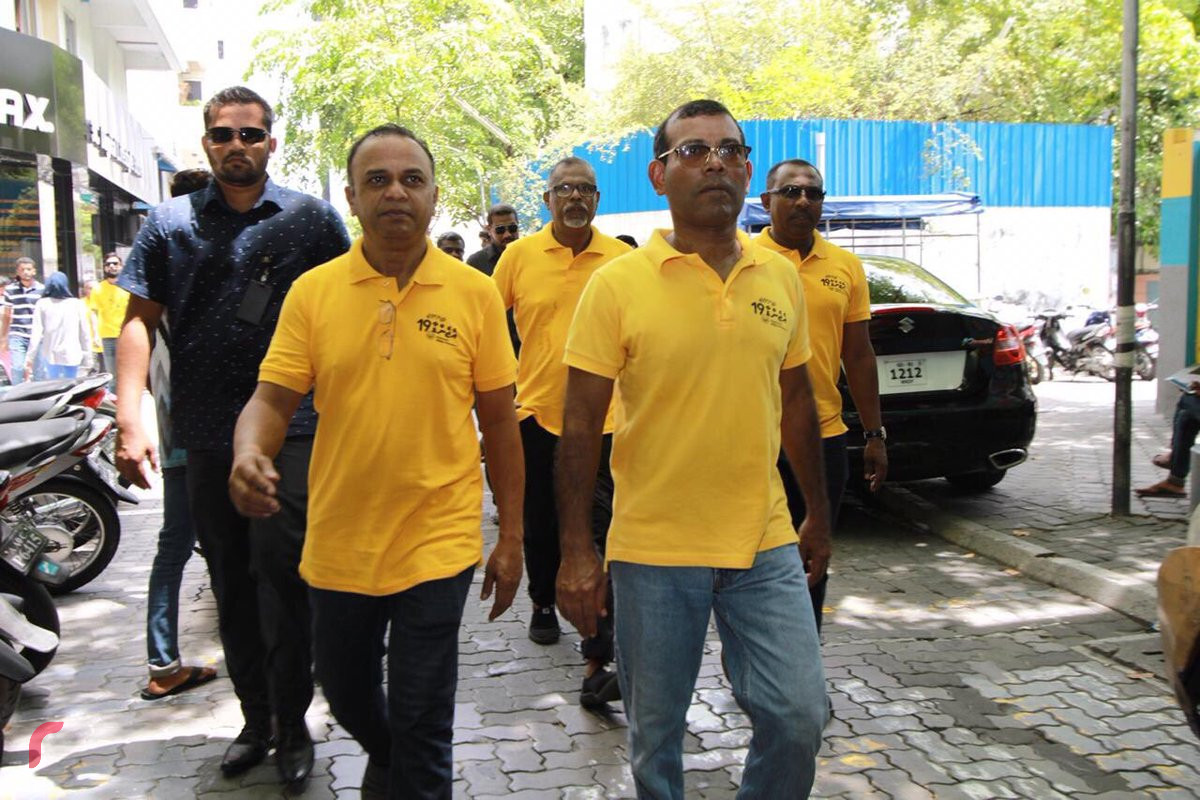Work yet to begin on journalists’ petition against media control bill
151 journalists signed a petition urging parliament to reject a proposed bill that would dissolve independent media institutions in Maldives


Petitions calling for media control bills
Despite the submission of a petition signed by 151 journalists calling for the rejection of the government’s proposed bill to dissolve independent media institutions, the People’s Majlis has yet to begin work on it.
The petition, signed by journalists representing 41 media outlets in the Maldives, along with freelance journalists, was formally submitted to both the People’s Majlis and the President’s Office earlier this month. It urges the parliament to reject the bill currently under committee review and calls on the president not to ratify it, even if passed.
The petition was officially entered into the parliament record by MP for Velidhoo constituency Mohamed Abbas on September 3. However, as of now, no action has been taken by the Petitions Committee. The last meeting of the committee was held on August 18, and internal information confirms that the Majlis Secretariat forwarded the petition to the committee on September 10, seven days after the petition was submitted.
As of September 15, six days have passed since the petition reached the Petitions Committee, with no indication that the matter has been tabled or scheduled for review.
Meanwhile, the Independent Institutions Committee, which is actively reviewing the proposed media bill, was set to conclude its work on September 15. Journalists have already appeared before the committee to voice strong opposition to the bill, urging its rejection. Despite these appeals, Attorney General Ahmed Usham stated on August 28 that there is no reason to reject the bill, further deepening concerns within the media community.
If enacted, the bill would dissolve the Maldives Broadcasting Commission and the Maldives Media Council, replacing them with a single entity, the Maldives Media and Broadcasting Commission. The new body will comprise seven members, three appointed by the president, and four elected by eligible media outlets.
However, eligibility to contest for membership is restricted to media outlets that have operated for at least five years, a criterion that critics say is arbitrary and exclusionary. Further, the bill does not explain why the president should have appointment powers in a body intended to regulate independent media. The president would also have the authority to appoint the commission’s chairperson.
Journalists, media associations, and opposition political parties have warned that the bill poses a serious threat to press freedom and undermines the independence of the media in the Maldives. They continue to call for the bill’s immediate withdrawal and for the People's Majlis to uphold democratic principles by protecting independent journalism.






